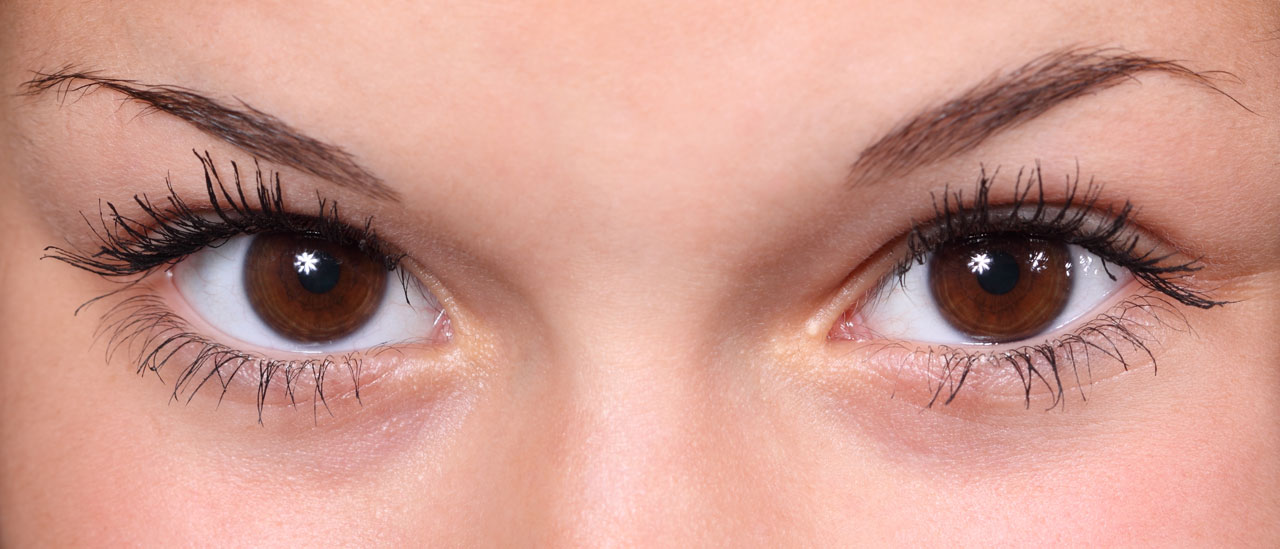Taking care of your eyes now can help prevent future eye health issues. Read these simple tips to help you protect your vision:
- Use eye protection
- Sunglasses – to protect your eyes from the sun’s harmful UV rays
- Safety Wear – wherever there is potential to be exposed to hazardous chemicals or airborne objects or projectile.
- Sports Goggles – during sports such as handball, paintball, ice hockey, lacrosse, etc.
- Nutrition – Eating healthy will not only help your overall health, but can also benefit your eye health as well. Some of the foods that help contribute to better eye health:
- Lutein and zeaxanthin found in eggs, broccoli, Brussel sprouts, turnip greens and romaine lettuce
- Vitamin C found in bell peppers, citrus fruits, tomatoes, and dark green, leafy vegetables.
- Read our article on “Healthy Eating for Healthier Eyes” for a complete list of foods with eye health benefits.
- Prevent digital eye strain by giving your eyes a break from the computer screen, smart phone, or another digital device
- You can accomplish this by using the 20-20-20 rule. Every 20 minutes, shift your eyes to look at an object at least 20 feet away, for at least 20 seconds.
- Quit Smoking. There are so many benefits to giving up smoking. Smoking can increase the likelihood of you acquiring:
- Macular degeneration
- Uveitis (inflammation of the eye)
- Cataracts
- Glaucoma
- Retinal detachment
- Diabetic retinopathy
- Dry eyes
- Annual eye examinations – It is important to have an annual eye examination, even when there is no indication of issues for early detection and prevention of eye diseases like glaucoma, that have no symptoms.
- Physical Examination – Diabetes or high blood pressure, if left untreated, can lead to eye problems and vision loss in some cases, so make sure you have a physical examination at least once a year.
- Take care of and replace your contact lenses regularly to avoid the risks infection.
In addition to these tips, make sure you know your family history so that you’re aware of any hereditary eye conditions that may affect you – when you visit your eye care professional, be sure to make them aware of these conditions or diseases.







